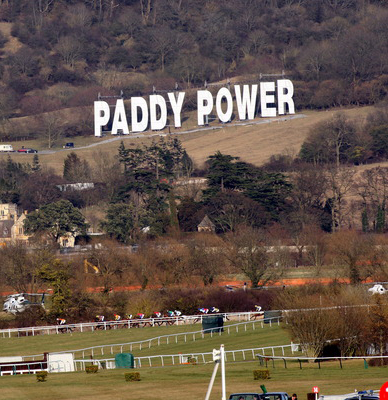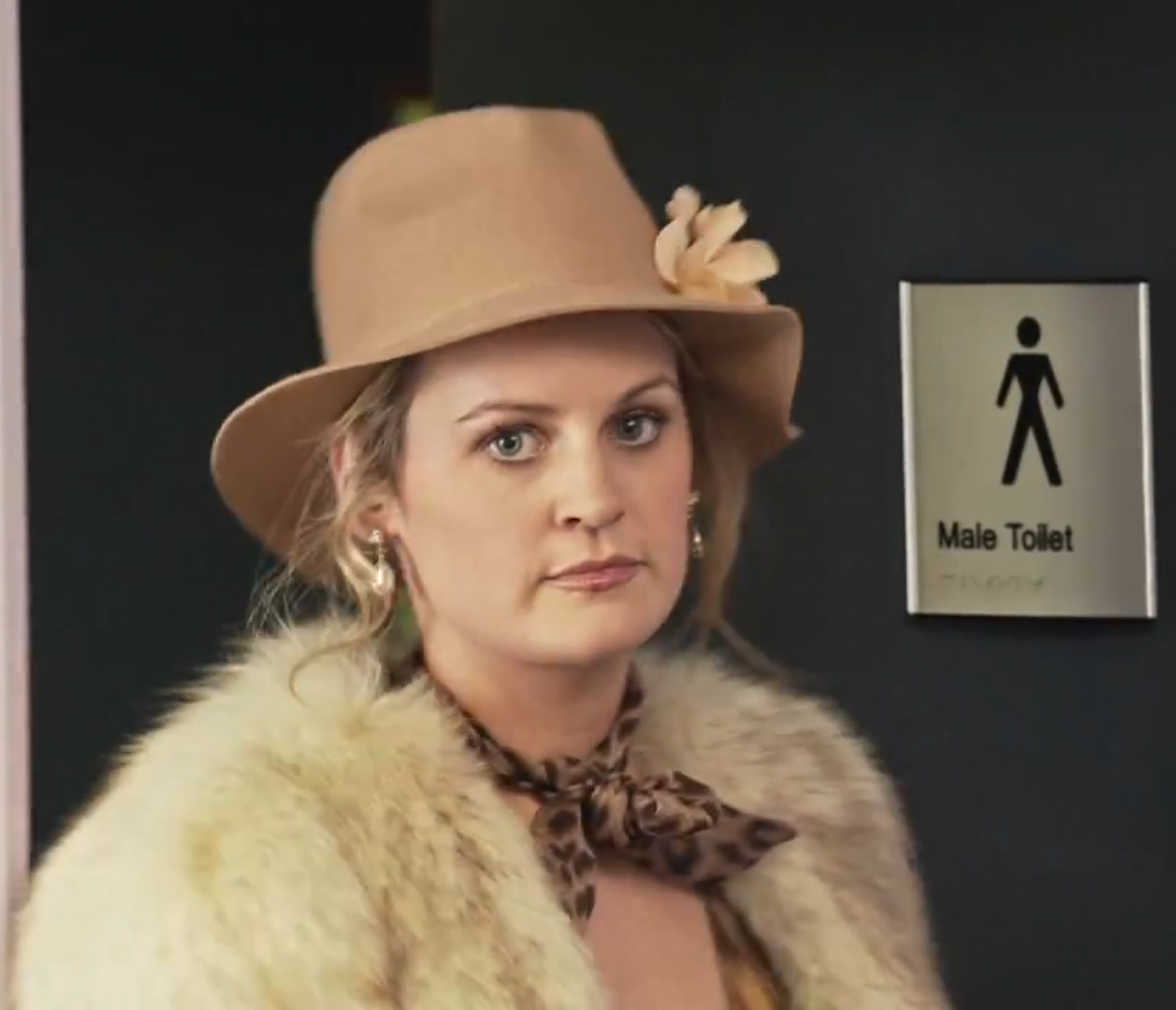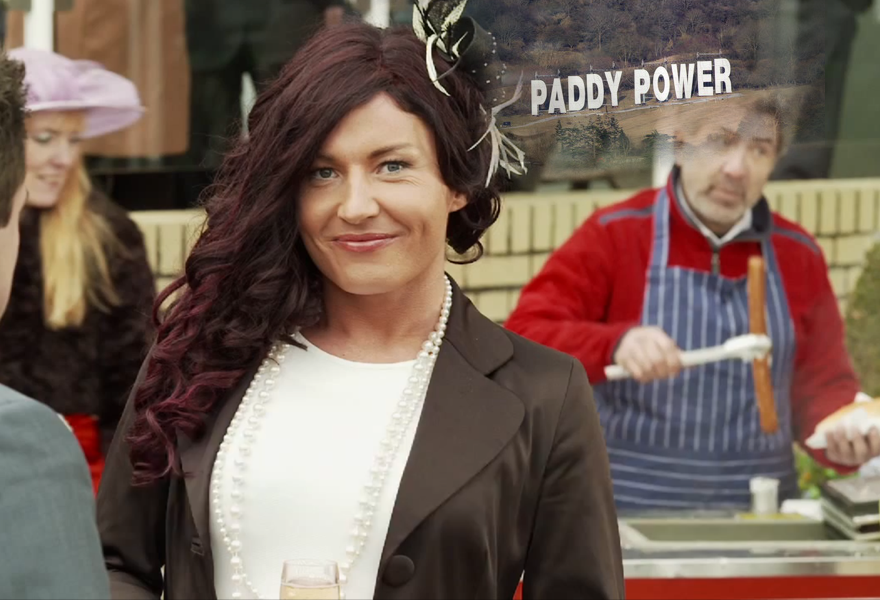 Irish bookmaker Paddy Power has hit the headlines once again in the UK after receiving more than 400 complaints about their latest advert. An ASA spokesman told CalvinAyre.com that those complaining accused the advert of being “transphobic and derogatory towards transgendered people and women.” While this is one of the more high profile cases of trouble caused by an online gambling advert, it is just one of the many.
Irish bookmaker Paddy Power has hit the headlines once again in the UK after receiving more than 400 complaints about their latest advert. An ASA spokesman told CalvinAyre.com that those complaining accused the advert of being “transphobic and derogatory towards transgendered people and women.” While this is one of the more high profile cases of trouble caused by an online gambling advert, it is just one of the many.
iGaming advertising has a checkered past in the UK with operators often feeling the wrath of the Advertising Standards Agency. In a way, the issue has reached fever pitch and was even brought to the attention of Prime Minister David Cameron during Prime Minister’s Questions recently. MP Tessa Munt raised the issue last month by saying: “I was shocked to discover that mainstream terrestrial television carries adverts for bingo at 5 o’clock in the afternoon and that 31 hours and 55 minutes each week is dedicated to live betting and gaming adverts.”
Munt then went on to call for Cameron to call for a review of gambling advertising to be conducted by OfCom. While he dismissed this request, Cameron did express his concerns on the subject.He said: “I think the honourable lady raises an important point about gambling advertising on television. I’m all in favour of de-regulation and allowing businesses to try to get on and succeed.
“They are strictly regulated by OfCom and the Advertising Standards Agency but I would say that it’s not just a question of regulation, I think it’s also a question of responsibility from those companies involved.”
Cause for Complaint
Ever since gambling adverts were first allowed on television for the first time in 2007 the ASA has been inundated with complaints regarding them. While this is the first time that complaints have been made about transphobia in gambling adverts, there are a number of issues that regularly encourage complaints. These include encouraging addiction to gambling, encouraging young people to gamble, featuring people who are under the age of 25 (which goes against the code), encouraging excessive gambling and displaying misleading information about bonuses and potential wins. Of course, not all of these complaints are upheld with many being dismissed as not in breach of advertising codes. Despite this, the fact that they were complained about would appear far from ideal. But to give you an idea of just how common complaints about gambling advertising is, consider that the following operators have all had ads complained about.
- Victor Chandler
- Littlewoods
- Betfair
- William Hill
- The National Lottery
- PKR
- 32Red
- Ladbrokes
- Cashcade (Foxy Bingo)
- InterCasino
- Blue Square
A browse through the ASA’s record of complaints will also tell you that this certainly isn’t Paddy Power’s debut under the standards committee’s scrutiny. Many of the ads, which the Irish bookmaker has seen banned, have been for fairly basic breaches of the code while some have breached a code they’ve come unstuck with before. This begs the question, why do they keep slipping up?
Fishing for Complaints
There is an ever-increasing school of thought that claims that having an advert banned is certainly not the end of the world for gambling operators. Given the nature of the industry that they’re operating it’s unlikely to damage their image and the amount of adverse publicity is sizeable. Subscribers to the ‘any publicity is good publicity’ school of thought would certainly argue that getting an ad banned could be construed as a positive.
Andrew Beveridge of eCogra admits that gambling companies may well be happy with any controversy they generate. He adds: “The guys are pushing the limit a lot of the time.” However he also defends operators and says: “I think inadvertently they might put out something that’s seen to be aimed at under 18’s but I don’t think that’s to gain attention.” In response to Cameron’s call for more responsibility to be taken by gambling operators, he argues that there are a fair few already doing so. “We don’t have big problems with irresponsibility with our clients because they do want to be self-regulated so they’re not going to start pushing boundaries,” he says.
 While Beveridge’s defence of his clients may appear to suggest that the more reputable operators are devoid of any questionable marketing tactics, it would appear that this isn’t the case. Firstly Paddy Power can certainly be considered a reputable operator (although they are known for pushing the boundaries). Also most of the above list is made up of large companies, many of which are listed on stock exchanges. Finally the bigger operators are those which can afford to advertise in prime time slots, which in the gambling industry is often during a football match. When the topic came up during PMQs David Cameron even made a special reference to these operators.
While Beveridge’s defence of his clients may appear to suggest that the more reputable operators are devoid of any questionable marketing tactics, it would appear that this isn’t the case. Firstly Paddy Power can certainly be considered a reputable operator (although they are known for pushing the boundaries). Also most of the above list is made up of large companies, many of which are listed on stock exchanges. Finally the bigger operators are those which can afford to advertise in prime time slots, which in the gambling industry is often during a football match. When the topic came up during PMQs David Cameron even made a special reference to these operators.
He said: “You do see quite aggressive advertising during football matches and I think that those companies have got to ask themselves whether they’re behaving responsibly when they do that.” Unfortunately, representatives from Paddy Power still could not be contacted to offer their opinion on the company’s advertising responsibilities. This is perhaps due to the fact that half of their communications team were made redundant last week.
So while the intentions of gambling operators will remain unknown among those looking in, you can be sure that questionable adverts will continue to be rolled out. This appears to leave us with a situation where the regulation and advertising code is irrelevant. Gambling companies will continue to test the boundaries and on occasion overstep them while they face no serious punishment. That isn’t to say that punishment should be introduced but it does reiterate the need for operators to take their advertising responsibly seriously – and the jury is still out on whether they are doing so.






